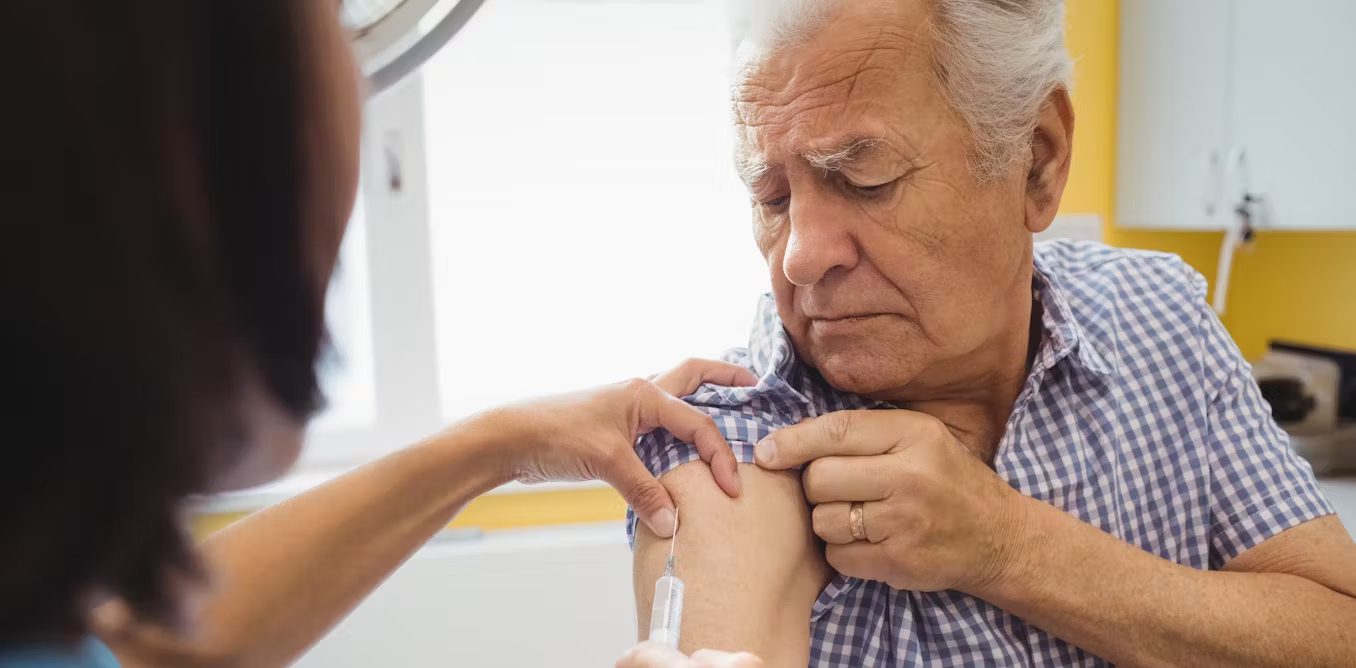Clinical Refresh: Responding to Domestic Violence
August 24, 2023
Calling out for help
Domestic violence – often cloaked in silence – continues to plague communities worldwide, and Australia is no exception. In recent times, we have thankfully seen Australia’s medical system shift, now focusing on this hidden epidemic, its alarming prevalence, and the role of general practitioners (GPs) in offering support and empathetic care to the victims.
Family, domestic, and sexual violence, although distinct, often overlap. Family violence encompasses violence between family members, including parents and children, siblings, and intimate partners. Domestic violence, a subset of family violence, specifically relates to violence occurring between current or former intimate partners. The nature of this violence can be physical, sexual, emotional, or involve coercive control, such as restricting access to finances or isolating victims from friends and family. Other forms of violence, like stalking, technology-faceted abuse, and elder abuse, can also occur in these contexts. The diversity of these abuses demands that medical professionals must remain alert to varied signs of maltreatment.
The statistics are alarming
The 2016 Personal Safety Survey (PSS) estimated that 20% of Australian adults (approximately 3.6 million individuals) reported experiencing physical and/or sexual family and domestic violence since the age of 15. Specifically, 11.8% reported violence from a partner, 5.1% from a boyfriend, girlfriend, or date, and 6.6% from another family member. An alarming increase in the proportion of women and men experiencing emotional abuse by a current partner was also observed between 2012 and 2016. Sexual violence also pervades our society, with 12% of the population (approximately 2.2 million Australians) reporting experiences of sexual violence since the age of 15. A significant proportion of the victims are women, particularly within the 18-24 age group. The prevalence of sexual violence against women, alarmingly, increased between 2012 and 2016.
The onset of the COVID-19 pandemic has further intensified these already alarming rates. Increased time spent in proximity with potential perpetrators, compounded with financial and economic hardship, has escalated the severity and frequency of such violence. The Australian Institute of Criminology reports a troubling rise in intimate partner violence experienced by women during the first 12 months of the pandemic.
Perceptions of violence against women are, unfortunately, not always empathetic or informed. Many Australians hold beliefs that are supportive of violence against women, and a significant proportion lack the understanding to identify violence or access help. For instance, almost one in three Australians believed women who do not leave their abusive partners are partly responsible for the continuing violence. Shockingly, one in five Australians saw violence as a normal reaction to day-to-day stress, and more than one in five Australians agreed that sometimes a woman can make a man so angry he hits her without meaning to – all of which are incredibly alarming statistics to surface from the 2016 Personal Safety Survey (PSS).
The role of general practitioners
What can we, as GPs, do in the face of this alarming issue? An important part of the role lies in understanding these challenges and equipping ourselves with the knowledge and skills to respond empathetically and effectively to patients experiencing family, domestic, and sexual violence. A broader societal shift is also necessary, but it must start from a place of understanding and empathy – qualities we can foster and promote within our practices.
In the realm of healthcare, it is crucial for practitioners to extend beyond their conventional clinical roles, to become allies, confidantes, and supportive pillars for patients enduring traumatic experiences. To navigate this daunting task in the case of domestic violence, practitioners often need guidance and education, and that’s where Blue Knot steps in.
Trauma-informed services
Blue Knot Foundation, Australia’s leading national organisation working to improve the lives of individuals affected by family, domestic, and sexual violence, serves as a beacon of light in this challenging arena. Their mission is pivotal: to educate healthcare practitioners on the nuances of trauma and its profound impacts, enabling them to better recognise signs of abuse and to effectively connect patients with essential resources. At the core of Blue Knot’s approach is the concept of ‘trauma-informed services’. This approach acknowledges that trauma can profoundly affect an individual’s ability to seek help, often because survivors live in fear, struggle with trust, and may find it challenging to come forward. A trauma-informed service, therefore, aims to create a sense of safety, establish trust, and help survivors overcome their fears and sense of betrayal.
But what exactly does a trauma-informed service look like? According to Blue Knot, it involves several key components. Firstly, practitioners must remain attuned to the possibility of trauma in everyone seeking support. It mandates the application of the core principles of safety, trustworthiness, choice, collaboration, and empowerment. It acknowledges and accommodates the vulnerabilities of trauma survivors, including individuals from diverse backgrounds, while minimising risks of re-traumatisation and promoting healing. A trauma-informed service also emphasises both physical and emotional safety for everyone involved. It recognises coping strategies as attempts to manage distress, collaborates with clients, and affirms their strengths and resources. It is a service that underscores the importance of respect, dignity, and hope, focusing on the overall context in which it is provided, not merely on what is delivered.
By advancing this approach, Blue Knot is fostering a transformative shift in healthcare, empowering practitioners with the tools and knowledge to more effectively aid their patients. You can access their course Responding to Domestic Violence with a Trauma-Informed Lens for GPs and Primary Care Providers through Med CPD, a free, 2 hour virtual classroom course aimed at delivering life-saving information and approaches to domestic violence in Australia. You can find the course here: https://app.medcpd.com/courses/3354
Australian Bureau of Statistics 2016, Personal Safety, Australia, ABS, https://www.abs.gov.au/statistics/people/crime-and-justice/personal-safety-australia/2016.












